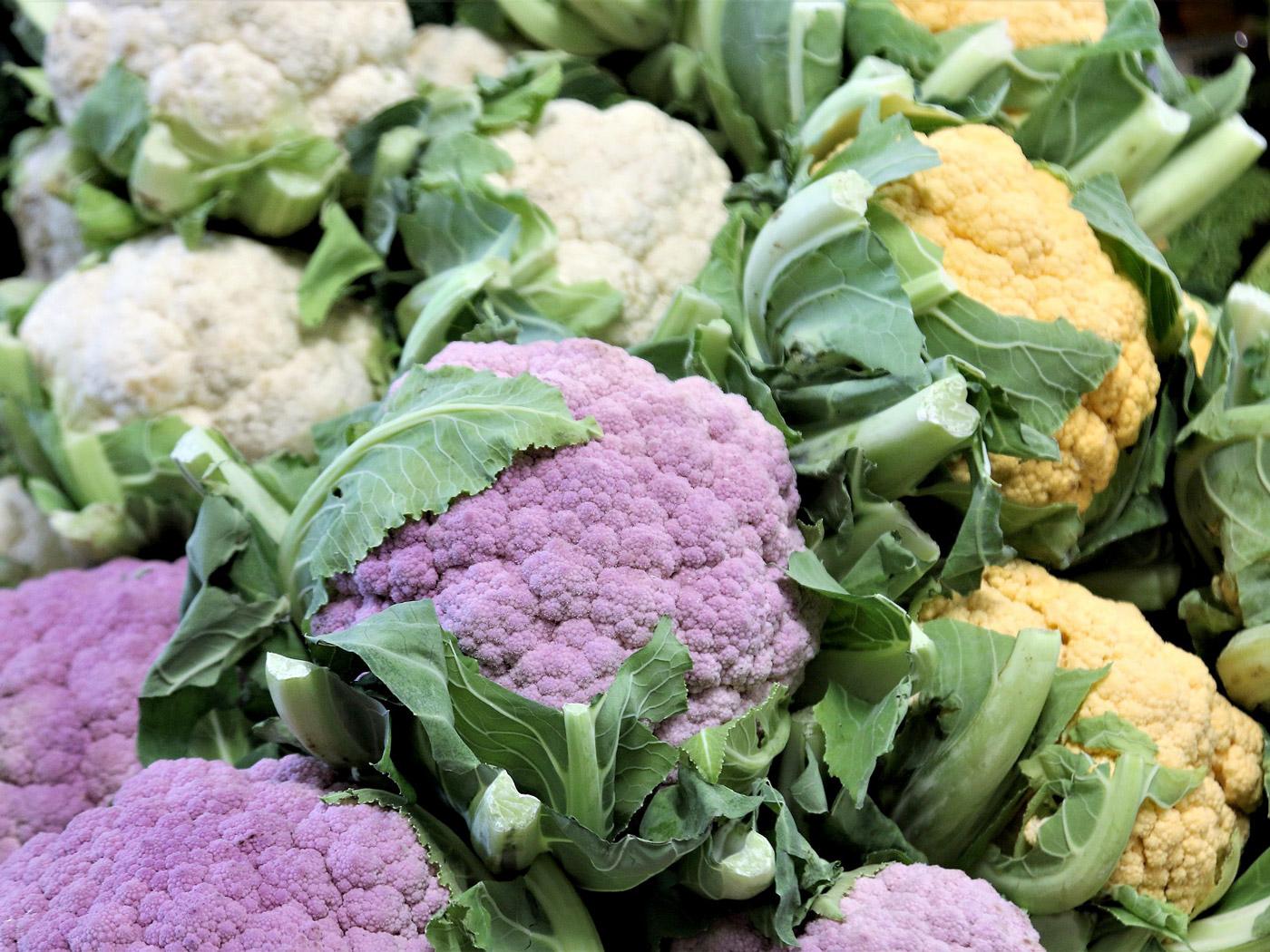Does eating cruciferous vegetables protect us against breast cancer?

Study the anti-breast cancer actions of isothiocyanates from cruciferous vegetables.
Cruciferous vegetables are a rich source of isothiocyanates (ITCs). At present, there is increasing research interest in the potential role of different ITCs in cancer as these natural plant constituents have been found to possess distinct anti-cancer properties.
Among the main ICT constituents, phenethyl and allyl-ITC have been reported to be protective against breast cancer, however limited data exist on whether phenethyl and allyl-ITC also inhibit breast cancer stem cells (CSC).
In this project, we will investigate the anti-proliferative effects of phenethyl and allyl-ITC against human breast cancer cell lines MCF-7 (estrogen receptor positive) and MDA-MB-231 (triple negative) and more specifically, whether the compounds can inhibit self-renewal or indeed kill the breast CSC subpopulation within these cell lines.
The project will involve generated transgenic breast cancer cell lines in which CSC-like cells were marked by expression of a green fluorescent protein (GFP) reporter gene driven by the human Oct4 promoter utilising a mammosphere formation assay.
Sciences research in focus: Protective Effect of Isothiocyanates from Cruciferous Vegetables on Breast Cancer: Epidemiological and Preclinical Perspectives, Anti-Cancer Agents in Medicinal Chemistry
Supervisors
- Dr Suong NT Ngo
- Research area: Pharmacology, drug discovery, anticancer agents
- Recommended honours enrolment: Honours in Animal Science or Honours in Molecular and Biomedical Science
